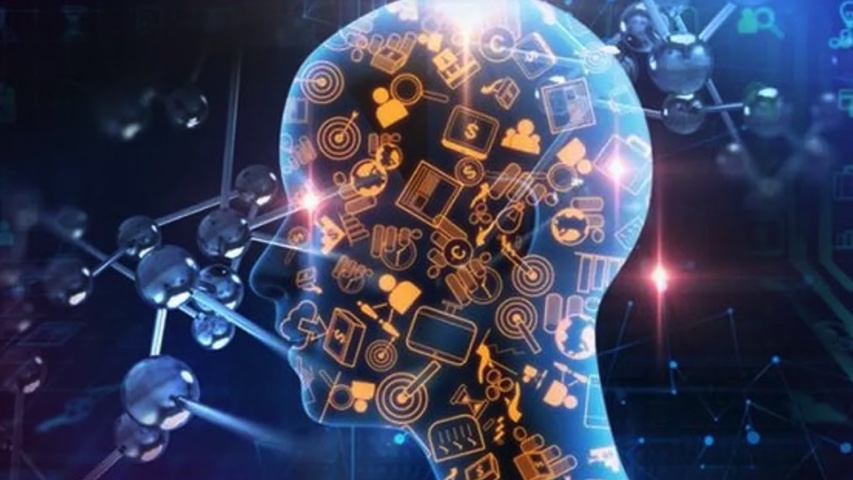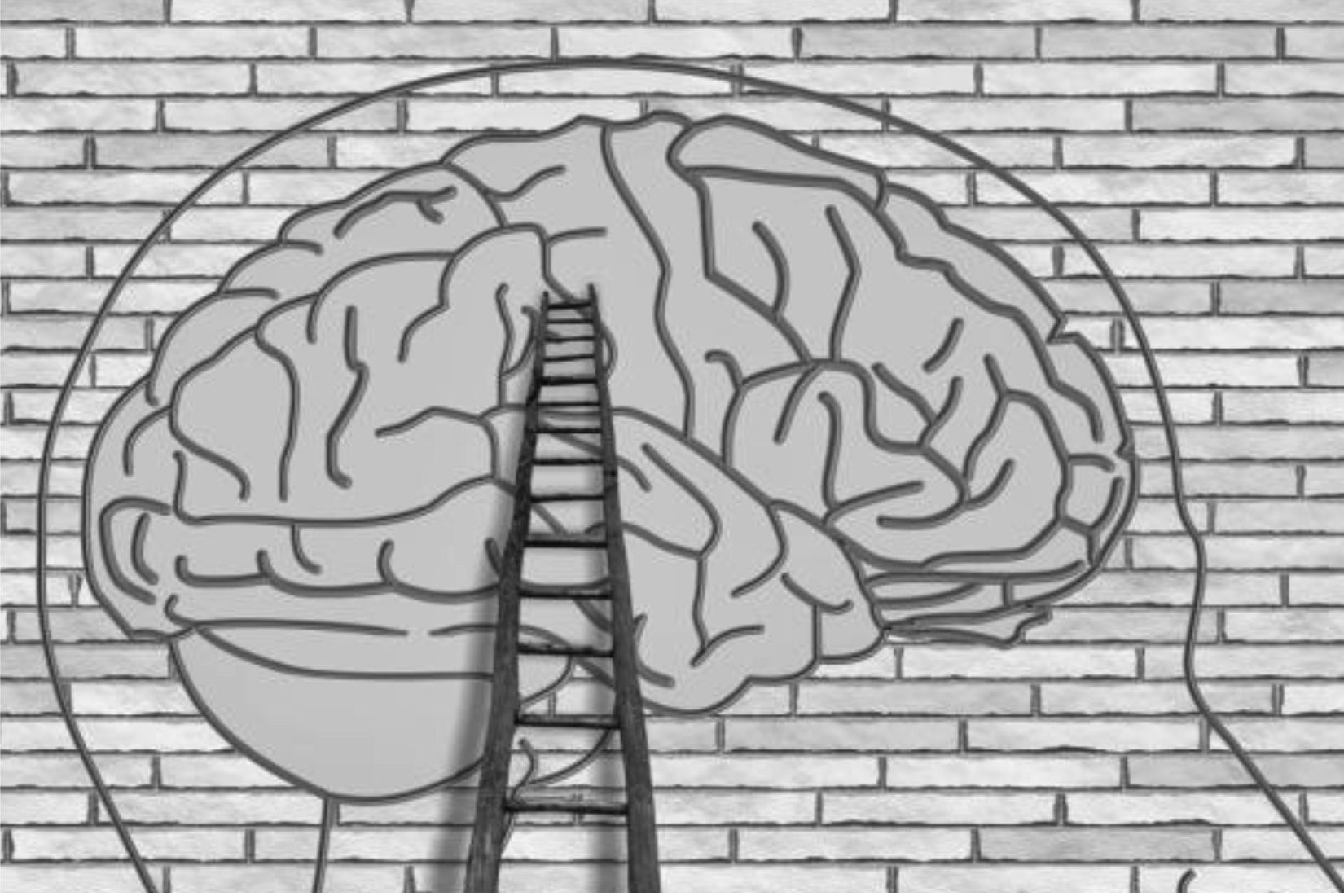AI vs. Human Intelligence
Artificial intelligence has made significant strides, shifting from fictional characters like Jasper™ which instantly generates high-quality copy for emails, ads, websites, blogs and more, to real-life AI such as ChatGPT.
The development of AI systems requires considerable time and human intervention. Self-driving vehicles, robotics, computer vision, and natural language processing all depend on human intellect for their advancement.
What is Human Intelligence?
Human intelligence is a quality that helps individuals learn, understand, and create innovative solutions to challenges. On the other hand, artificial intelligence imitates human behaviour based on provided data.
As AI has become increasingly prevalent, a new debate has emerged comparing artificial intelligence versus human intelligence. Human intelligence relies on genetics, childhood development, experience in diverse events and surroundings, and the ability to adapt to new knowledge.
What is Artificial Intelligence?
 Image: govtech.com
Image: govtech.com
Artificial Intelligence is a subfield of data science focused on creating intelligent computers that can perform tasks requiring human intelligence. These machines can learn from errors and historical data, analyse surroundings, and make decisions based on the information available.
AI is a diverse field that combines ideas from computational science, cognitive sciences, language studies, neuroscience, psychology, and mathematics.
The machine can self-learn, self-analyse, and self-improve with minimal human effort.
It is used in nearly every industry, including media, healthcare, graphics, and animation, to enable technologies to simulate human behaviour.
Information may relate to a specific skill set and body of knowledge, including details about social networks and personal connections.
Human Intelligence vs. AI
The debate over artificial intelligence vs. human intelligence is incomplete without considering the human factor. While AI can replace laborious processes, it cannot replace the need for human involvement. Engineers must create and test AI systems for progress, as AI wouldn't function without humans.
Artificially intelligent machines cannot interpret emotions, express empathy, and find creative solutions. Their fixed codes restrict their capacity to understand context and devise complex solutions. While AI can learn rapidly, it lacks logical reasoning abilities, preventing it from challenging facts as humans do.

The emergence of digital technologies is augmenting human capabilities while also posing a challenge to traditional human activities. Code-driven technologies have permeated more than half of the world's population, bringing about unprecedented opportunities as well as substantial risks in terms of information and connectivity.
Artificial intelligence is changing the job market by automating tasks that used to require a lot of human labour. The fast progress in technology has led to the emergence of new fields of study and work. AI is capable of automating many repetitive tasks, but it also creates new opportunities for careers that rely on human skills like creative thinking, critical thinking, and interpersonal skills.
AI can deliver significant benefits to organisations, enhancing efficiency and cooperation. It can also foster growth and creativity, leading to increased demand for products and services and improving living standards. In the Human vs AI debate, a coexisting future is envisioned, where humans and humanoids work together, with humanoids assisting humans.
Conclusion
Generative AI, such as ChatGPT, can rapidly generate content with a simple prompt. However, the results may lack the creativity and refinement found in content created by skilled professionals.
The lack of creativity stems from the reliance of generative AI on statistical models to generate outputs based on prompts. Rather than reflecting a unique artistic perspective, the AI produces content that statistically matches the prompt based on its training data. Consequently, text, images, music, or videos produced by AI often lack the originality that characterises engaging and entertaining work.
| “Even with the rapid progress of AI, there are numerous compelling reasons why human virtual assistants will never be fully replaced by AI” | ||
Complex Problem-Solving and Adaptability
AI may struggle to handle unexpected circumstances effectively, while human virtual assistants can adapt on the fly, making them indispensable for tasks requiring outside-the-box thinking.
Emotional Intelligence and Empathy
Virtual assistants can understand complex emotions, provide emotional support, and offer guidance, which AI cannot. Virtual assistants serve as a bridge between technology and humans, providing personalized assistance and emotional support that AI cannot replicate.
Intuition and Understanding Context
Virtual assistants can interpret non-verbal cues, humour, sarcasm, and other complex aspects of human language, making them better equipped to communicate effectively with individuals from diverse backgrounds and cultures.
Therefore, organisations considering the use of generative AI may be prudent to limit its use and instead rely on the expertise of creative and skilled professionals to oversee the development and improvement of AI-generated content.
Nicky Myers - Virtual Assistant and founder of VA-UK

Need Help?
Get in touch
Thanks for taking the time to read this. Please feel welcome to give us your thoughts by contacting us.




















